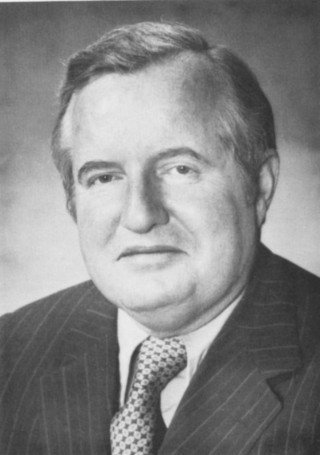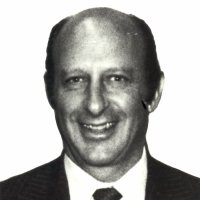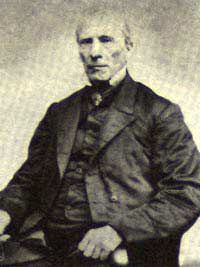Related Research Articles

Simeon Baldwin was son-in-law of Roger Sherman, father of Connecticut Governor and US Senator Roger Sherman Baldwin, grandfather of Connecticut Governor & Chief Justice Simeon Eben Baldwin and great-grandfather of New York Supreme Court Justice Edward Baldwin Whitney. He was born in Norwich in the Connecticut Colony. He completed preparatory studies (studying with Rev. Joseph Huntington and later at the Master Tisdale's School in Lebanon, Connecticut, and graduated from Yale College in 1781. He delivered the Latin oration in June 1782, it is still preserved in the Yale University Library. He was preceptor of the academy at Albany, and a Tutor at his alma mater.
Guido Calabresi is an Italian-born American legal scholar and Senior United States circuit judge of the United States Court of Appeals for the Second Circuit. He is a former Dean of Yale Law School, where he has been a professor since 1959. Calabresi is considered, along with Ronald Coase and Richard Posner, a founder of the field of law and economics.

Jon Ormond Newman is a senior United States circuit judge of the United States Court of Appeals for the Second Circuit.

Harvey Hollister Bundy Sr. was an American attorney who served as a special assistant to the Secretary of War during World War II. He was the father of William Bundy and McGeorge Bundy, who both served at high levels as government advisors.
Andrew Adams was an American Founding Father, lawyer, jurist, and political leader in Connecticut during the nation's Revolutionary Era. As a delegate from Connecticut to the Second Continental Congress, he signed the Articles of Confederation in 1778. Following the war, he returned to his law practice, and in 1793, he was appointed Chief Justice of the Connecticut Supreme Court.
Colin Macrae Ingersoll was a Connecticut attorney, politician, and military leader. He served as a member of the United States House of Representatives for two terms in the 1850s.
Charles Johnson McCurdy was an American lawyer, diplomat, and the 40th Lieutenant Governor of Connecticut from 1847 to 1849.

Treat Clark Hull was an American politician and lawyer who was the 99th Lieutenant Governor of Connecticut from 1971 to 1973 and a judge for 23 years from 1973. Hull had the rare distinction of serving at the top levels of all three branches of state government.
Haydn Proctor was an American politician and judge who served as President of the New Jersey Senate and Associate Justice of the New Jersey Supreme Court.

Samuel Oscar Prentice was a lawyer, judge, and chief justice of the Supreme Court of Connecticut.
William Mills Maltbie was a lawyer, judge, and chief justice of the Connecticut Supreme Court.
Ernest Alexander Inglis was a lawyer, judge, and chief justice of the Connecticut Supreme Court.
Emmert Laurson Wingert was an American lawyer and judge from Wisconsin. He was a justice of the Wisconsin Supreme Court and executive counsel to Governor Walter J. Kohler, Sr.

Stephen Neal Shulman was an American attorney known for representing Egil Krogh during the Watergate scandal. He also served as General Counsel of the Air Force in from 1965 to 1966 and Chairman of the Equal Employment Opportunity Commission from 1966 to 1967.

Thomas Clap Perkins was an American lawyer and politician.
Angelo G. Santaniello was a justice of the Connecticut Supreme Court from 1985 to 1987.
Joseph Walter Bogdanski was an American college football player, lawyer, and judge. He served as an associate justice of the Connecticut Supreme Court from 1972 to 1981, and as chief justice for several months in 1981, and played football at Colgate, earning an All-American selection in 1934.
Elliot Francis Gerson is an American nonprofit executive, formerly a lawyer, business executive and state and federal government official. He is executive vice president of The Aspen Institute, and the American Secretary of The Rhodes Trust.